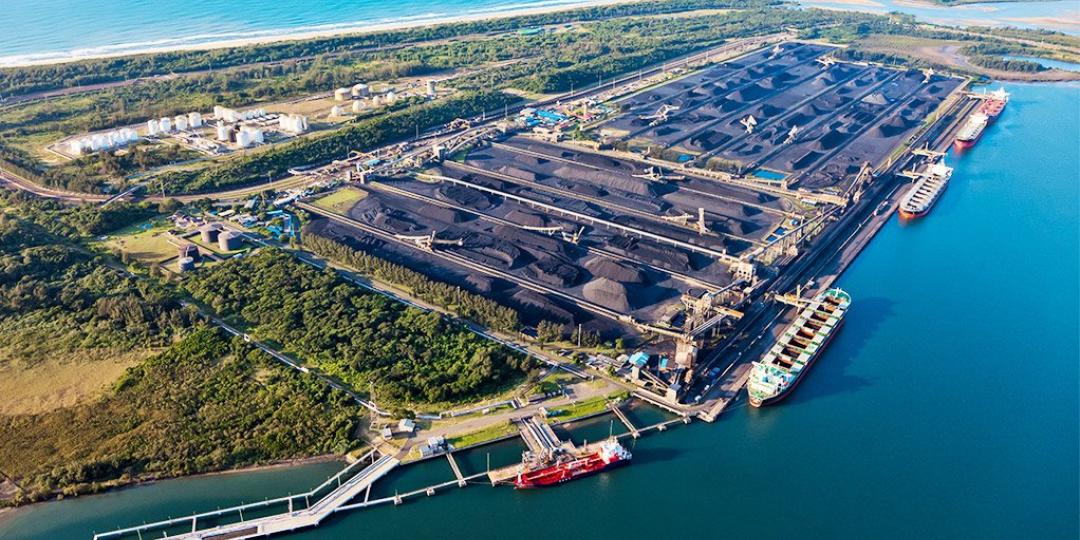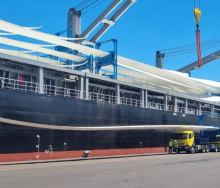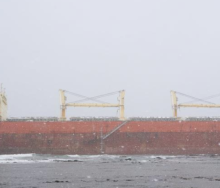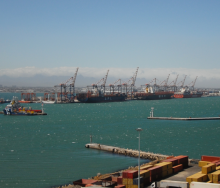The Minerals Council South Africa has warned that a social media campaign to stop coal exports through Richards Bay Coal Terminal to alleviate Eskom’s load-shedding could lead to mining disruptions, job losses and investor uncertainty.
Spokesperson Allan Seccombe said on Friday that the social media campaign was not based on facts but relied on “outright fallacious allegations” that Eskom’s inability to supply adequate electricity was because of the country’s coal exports. He was referring to posts on social media that called for a stop to coal exports. One post, accompanied by a photograph of Richards Bay coal terminal and shared widely this week, was headlined "Shut Down Richards Bay Port”.
“Mining activists have called for the shutdown of the Richards Bay harbour in KwaZulu-Natal due to the everyday transportation of South Africa’s coal to Europe. The group of activists say, ‘we can't have load-shedding yet our coal serves Europe’,” the post read.
Seccombe said the post was not based on facts.
“This is the wrong diagnosis of the challenges Eskom confronts. Eskom’s low energy availability factor, which is the cause of load-shedding, is because nearly half of its coal-fired power station fleet is out of operation due to a high number of breakdowns and planned maintenance. Eskom is not short of coal and continues to receive all the coal it expects from its contracted suppliers,” he added.
According to Eskom spokesperson Sikonathi Mantshantsha, the power utility has 31.8 days’ worth of stockpiled coal at its power plants against a required minimum of 20 days.
Seccombe said Eskom received contracted deliveries of coal continuously.
“Eskom’s problems are fundamentally due to its ageing coal-fired power station fleet, the frequent breakdowns, and poor reliability of certain power stations. The problems have nothing to do with any shortages of coal.”
He warned that any calls to disrupt coal exports would lead to disrupted mining operations, potential job losses, and uncertainty among international investors. He said it would damage the perception of South Africa as a reliable source of commodities and lead to legal challenges for coal exporters who would be unable to fulfil contractual obligations.
Eskom reported in its 2020/21 Integrated Report that it had burnt 105 million tonnes of coal for the period. The decommissioning of 24 100 MW of coal-generated electricity beyond 2030 will reduce Eskom’s coal demand to below 50m tonnes annually.
“The export market is critical to maintaining jobs in coal mining, which employs 91 000 people, with thousands more employed in rail, road and port logistics jobs,” Seccombe said.
South Africa exported R215.5bn worth of coal in 2022.













